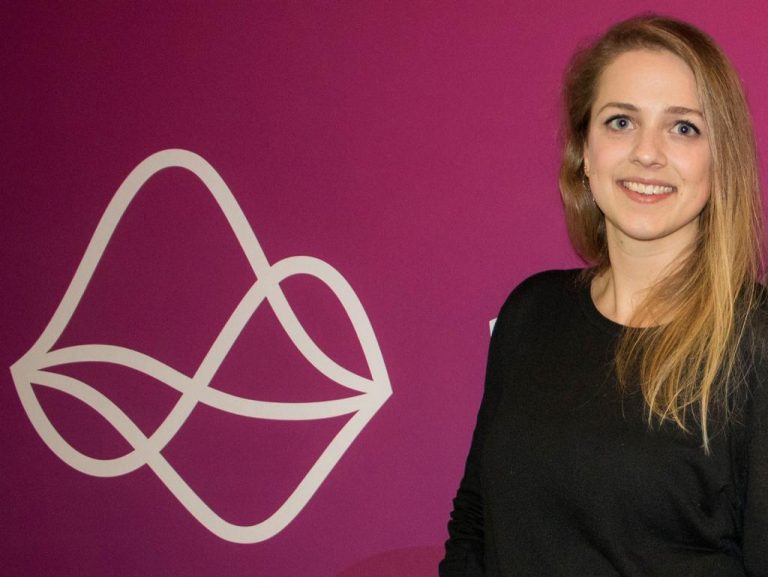Sooner or later you will deal with them: recruiters. People who matchmake job seekers and employers. How do they work? And do they help? Two recruiters give some tips.
Recruiter Jorn van der Veen: “It is hugely important that we recruiters get to know our candidates quickly.”
“How recruiters work depends on the sector and even on the company,” says IT recruiter Emma van den Berg. “In the cultural sector, companies sometimes receive hundreds of applications for one vacancy. This means that they take three weeks or so to do the recruitment process. In my case, I make an agreement to let the applicant know within 48 hours if he or she is suitable for the job and the organisation.”
Jorn van der Veen has similar experiences. “In my role as a recruiter for public space and infrastructure, I help public authorities find the right staff in the area of spatial planning. It could be a temporary position or a first job for one year. Either way, the starting date is always yesterday instead of tomorrow.”
‘You really do not need to phone anymore’
Both recruiters recognise that a good CV is becoming increasingly important. Some companies do not even use motivation letters in their recruitment procedures anymore. Instead, they look purely at the person’s qualities. Knowing this, Van der Veen says that it is thus important to keep your CV simple and clear. “A result-oriented CV gives an immediate impression of what that candidate can bring to an employer.”
 Recruiter Emma van den Berg: “A personal note puts you on a good footing with recruiters.”
Recruiter Emma van den Berg: “A personal note puts you on a good footing with recruiters.”
Tips
Van den Berg agrees and has another tip for job applicants. “At the top of your CV, describe who you are and your qualities in no more than three sentences. A personal note like this puts you on a good footing with recruiters.” She also says that it is important to give a brief description of relevant activities. These go beyond studies or part-time jobs and should include any relevant projects or papers. “Students do not have much on their CVs and will have to use these types of experiences in their applications.”
Also read: This Delft startup does not care for diplomas
A good description is key, but the most important thing is to state the activities that you undertook while studying. “It’s a pity if all students do is study. Try to do something extra alongside your study,” advises Van den Berg. “It could be a part-time job or sitting on an association committee. You need to show that you have developed more skills than just book learning.”
Now you know what you need to do offline, it is important to look at your online visibility. How do you stand out among all the graduates battling for the perfect job? According to Van der Veen, it is especially important that your LinkedIn page is as complete as possible. Recruiters search on keywords so you need to add relevant skills and terms to your profile.” In this sense, LinkedIn works in the same way as Google. If you do not have relevant information on your profile, we will not be able to find you,” explains Van den Berg. She also advises using Jobteaser and magnet.me. More and more educational institutions are using these platforms and they are a good way to promote yourself.
Giving an impression
While recruiters preach that it is important to stand out, you need to be careful not to overdo it. Phoning to ask if your application has arrived safely is really not necessary anymore. Large organisations have teams that work on recruitment and selection and invest in good recruitment systems. “Phoning to draw attention to yourself without asking a useful question generally does not work,” says Van den Berg. “Personally, I think it’s a shame if someone phones and asks a question that is explicit in the vacancy notice. This is not the impression that you want to give.” But for Van der Veen this is not necessarily a deal breaker. “It is not necessary to phone, but if you have not heard anything a few days after the deadline has passed, you can always contact them.”
While the recruitment procedure varies between sector and company, both recruiters agree that presenting yourself well is essential. Both online and offline, good preparation is half the work. Make sure that your CV addresses the requirements stated in the vacancy description and that your online presentation is consistent with this. “It is hugely important that we recruiters get to know our candidates quickly and, above all, well. This allows us to act quickly,” concludes Van der Veen.
Do you have a question or comment about this article?
m.vanderveldt@tudelft.nl


Comments are closed.